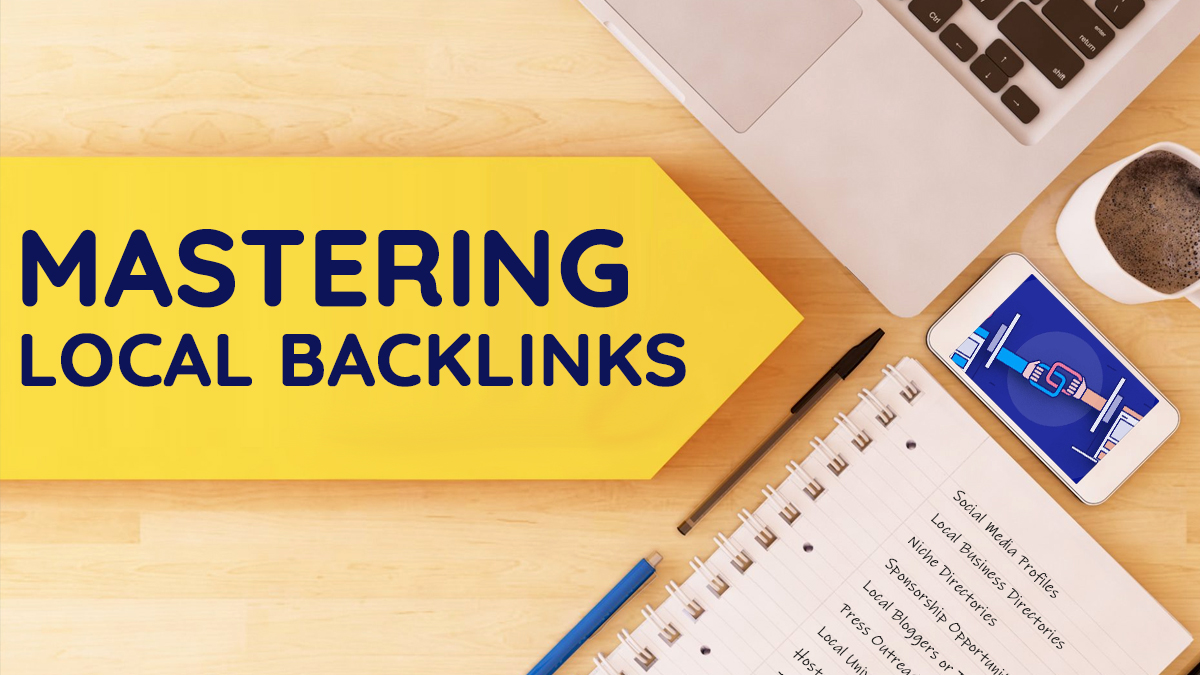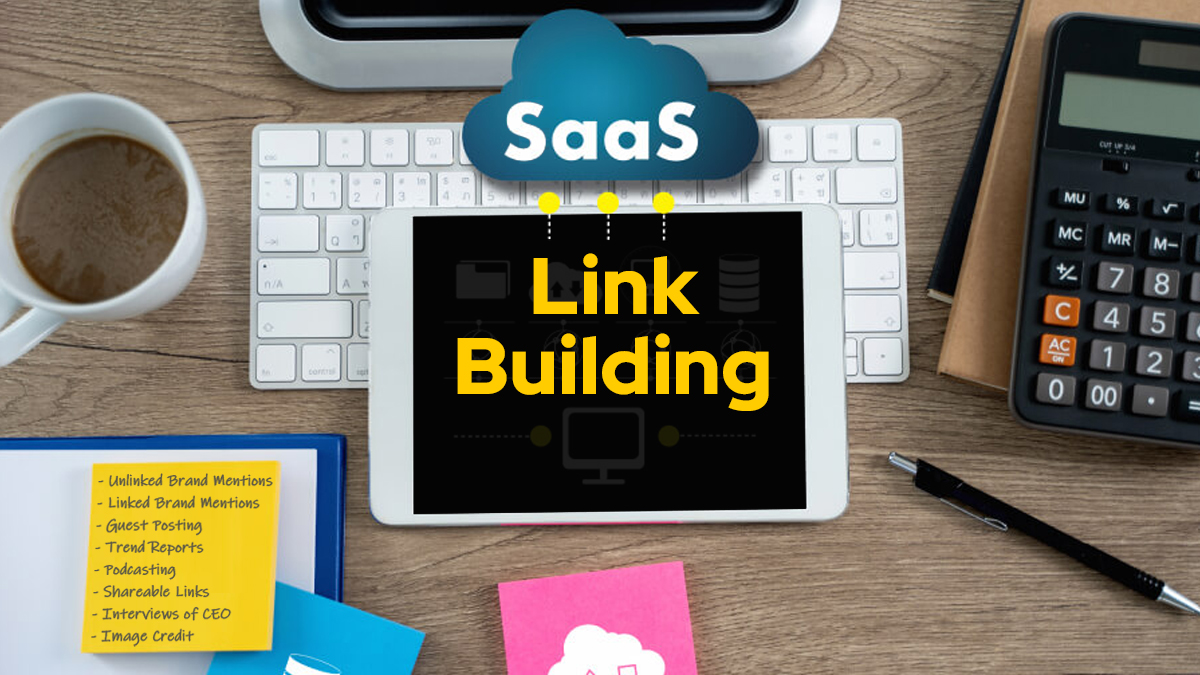Welcome to our guide on boosting your company’s local SEO impact through a tailored local link-building strategy. Local backlinks are vital for enhancing your online visibility. Though acquiring these links may demand extra effort and outreach, the benefits they bring make this a valuable investment of your time and resources.
In this post, we’ll explore the nuances of local link development, offering key insights on how to effectively implement these strategies. Our goal is to help you drive relevant referral traffic to your website, whether you’re reading from start to finish or focusing on specific sections. Let’s dive into the world of local backlinks and explore their potential for your business.
What Is a Backlink?

A backlink is a link from another website to yours. These links can come from a variety of online sources, including blogs, forums, and other websites. The value of backlinks lies in acquiring “link juice” from these linked domains, which can lead to increased traffic, new audience exposure, improved search rankings, and enhanced domain authority.
Think of your backlink profile as similar to the reviews on your Google My Business listing. High-quality backlinks from authoritative domains send a positive signal to search engines, akin to receiving frequent 5-star ratings from customers on Google. These quality backlinks can greatly benefit your website by conveying positive link equity, indicating trustworthiness and authority.
Conversely, a multitude of low-quality, spammy backlinks can send a negative signal to Google and potential customers, much like a collection of one- and two-star ratings would on your Google My Business listing. It’s crucial to focus on quality over quantity when building your backlink profile.
Local SEO service providers place paramount importance on building quality backlinks for local businesses, as these links are essential for enhancing local visibility, attracting nearby customers, and establishing a strong online presence within the community.
What Is a Local Backlink?
Local backlinks originate from sources that are relevant to your service area or local target audience, like online business directories or local news websites. For example, a local backlink might be published on a community website, which is particularly beneficial for businesses targeting a specific geographic area.
These backlinks are crucial in signaling to search engines, like Google, to improve your website’s ranking within your specific service region. Suppose you own a bakery in Seattle, Washington, and aim to rank highly in search results for “artisan bakeries in Seattle.” To achieve this, acquiring relevant local backlinks is key. They not only enhance your site’s rankings but also help secure top positions in search results.
Why Are Local Backlinks Important?
Acquiring local backlinks is about more than just increasing website traffic. It’s an effective strategy for establishing your company as a prominent entity in the community. Although it requires proactive outreach, the benefits are significant.
Building local links helps forge connections within your neighborhood, opening doors to potential clients and fostering long-term partnerships. Additionally, it’s an excellent opportunity to generate positive public relations.
What Is the Difference Between a Citation and a Backlink?
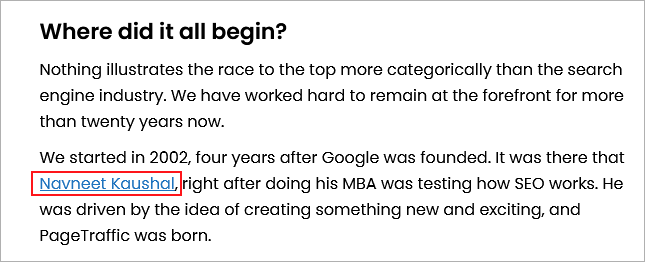
There’s often confusion in the SEO industry about the difference between backlinks and citations. A backlink is a hyperlink from another website to yours, typically including relevant anchor text linking to a page on your site.
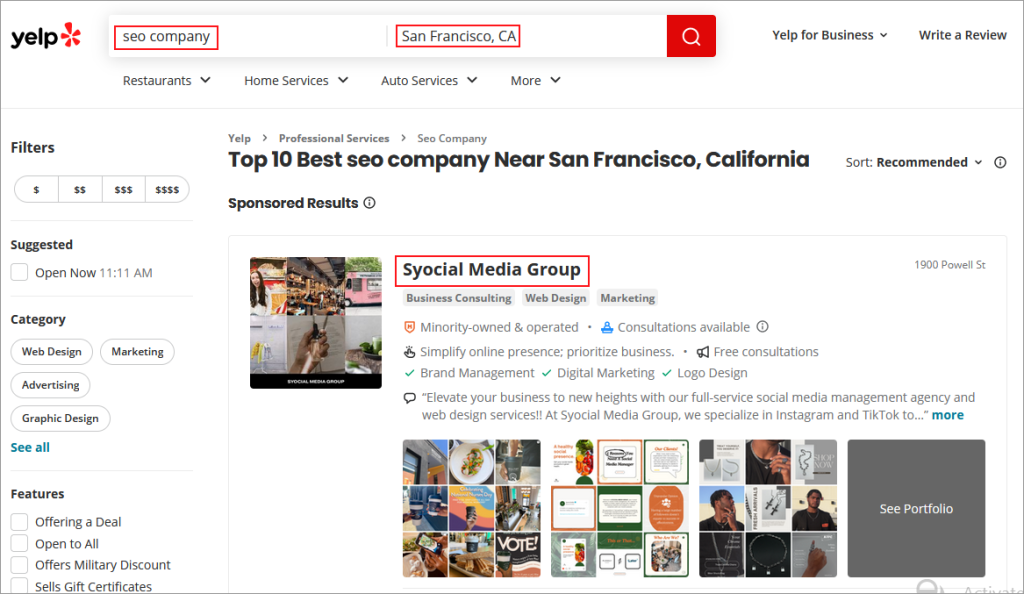
Conversely, a citation is when an online directory lists your business’s name, address, and phone number (NAP information). Sometimes, the directory might also include a hyperlink to your website. In such instances, you get the benefit of both a citation and a hyperlink, enhancing your online presence and local SEO.
How to Get Backlinks From Local Directories
When developing backlinks for your website, well-known directories like the Better Business Bureau and Whitepages are common choices. However, these platforms might not provide the local focus your business needs. For more impactful local backlinks, consider directories that cater specifically to your service area.
Locating Directories by Location
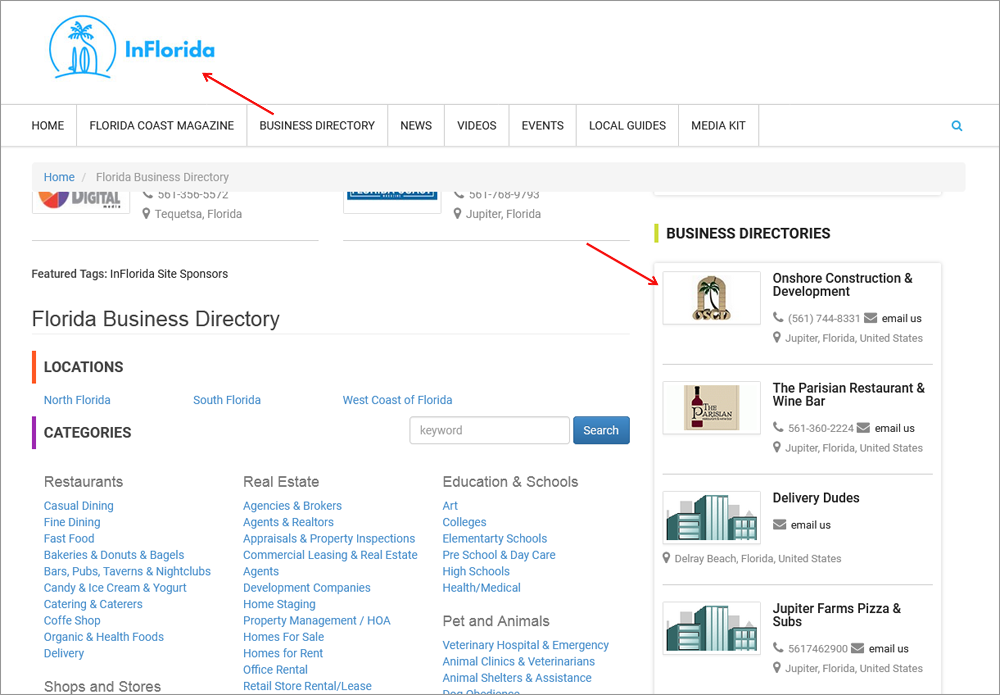
Start by using popular search engines such as Google to find region-specific directories. Combine keywords related to your city, state, or service area with “business directory.”
For example, if you operate in Denver, search for terms like “Denver business directory,” “Florida business directory,” or “Jefferson County business directory.” This targeted approach helps you find directories closely aligned with your geographic area, increasing the relevance and impact of the backlinks you acquire.
Locating Directories by Industry
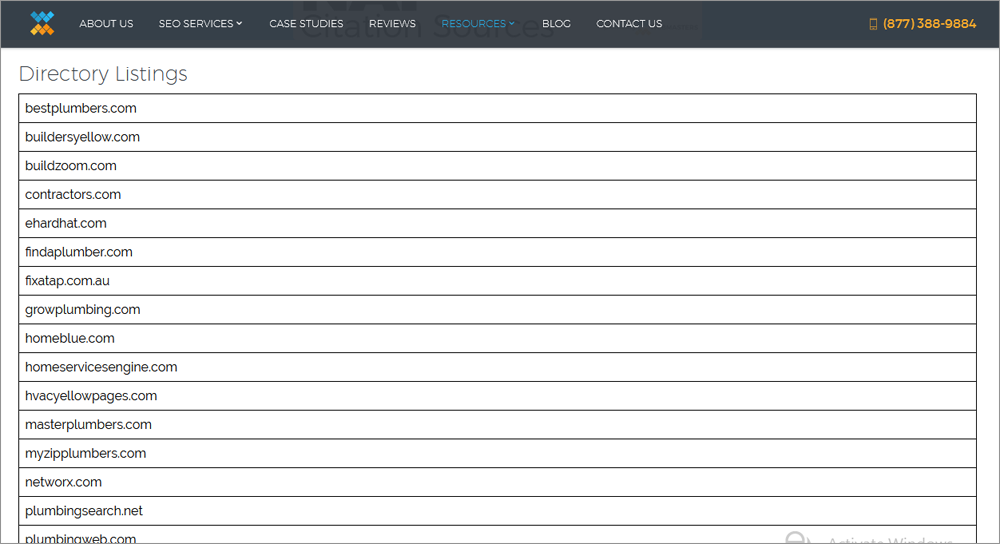
This method is similar to the first but focuses on industry-specific directories. Rather than centering on location, narrow your search by your business sector. Use terms like “landscaping business directory,” “plumbing services directories,” and “accounting services directory.”
Review the top search results from these queries. Look for directories that list key details like NAP (Name, Address, Phone). Many industry-specific directories allow filtering by location. For instance, if you’re in IT services, find a directory that lets you refine your search to your specific city or area.
By leveraging these strategies effectively, you can secure relevant backlinks that not only boost your online presence but also help you connect with your local community and industry peers.
Also Read: The Do’s and Don’ts Of Link Building
Local Link-Building Strategies
Social Media Profiles
Developing and optimizing accounts on various social media platforms is a key strategy to strengthen your local backlink profile. Utilize the following platforms to enhance your backlink strategy:
When setting up these profiles, be sure to include vital information like your company name, physical location, phone number, and website link. This simple yet effective approach not only establishes your presence on these networks but also reinforces your backlink profile.
Social media profiles are crucial in creating local backlinks. By linking to your website from diverse social media platforms, you further enhance your backlink profile’s value. This method is especially advantageous as it allows you to independently develop, refine, and expand these profiles.
For example, a Facebook business profile lets you add your website’s URL, creating a direct hyperlink. Platforms such as Instagram, Yelp, Google My Business, Apple Maps, and LinkedIn provide opportunities to display your company’s details and generate meaningful backlinks. Implement this efficient strategy to elevate your backlink profile, ensuring each profile aligns with your business goals and actively boosts your online visibility.
Look for Local Business Directories
Leveraging well-known online directories like the Better Business Bureau or Whitepages is an effective way to showcase your company and gain a backlink from a high-authority site. However, some directories may not be optimized for local searches. Focus on identifying local directories in your area that residents frequently use to find businesses or services.
To uncover local business directories, employ advanced search strategies on Google to discover local business directories in your region. Google provides a free Advanced Search tool to facilitate this process. Enter your desired terms or phrases, and this tool will locate relevant sites. You can refine your search to display pages featuring your target keywords or phrases in their title or URL.
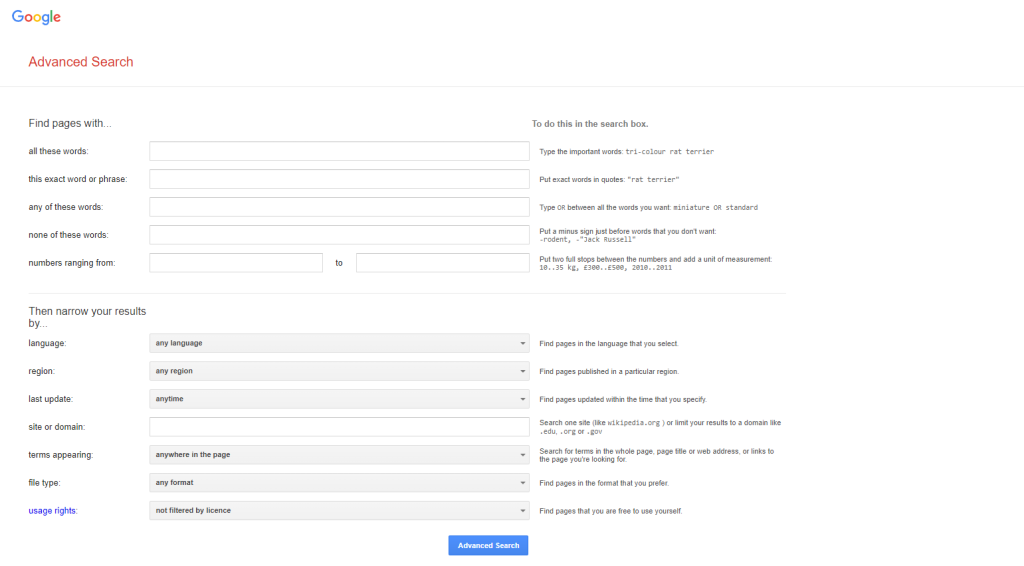
After finding local directories, evaluate their traffic, relevance to your business, and any potential costs. While many local directories offer free listings, some might charge a monthly subscription fee. Before opting for a paid directory, research thoroughly to ensure the investment is worthwhile and aligns with your business objectives.
Find Industry: Round-Ups, Resources, and Niche Directories
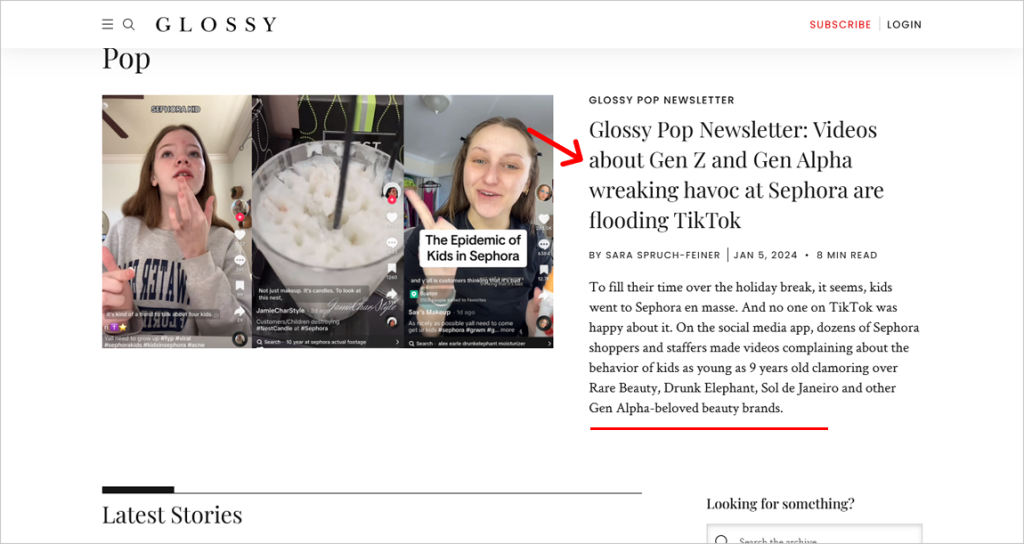
A strong local backlink strategy involves tapping into both locally focused websites and industry-specific directories. Local websites often feature round-up articles showcasing top businesses in a specific area or industry. When reaching out to these websites, highlight the value your business can add to their audience.
Look for local resource pages that link to relevant sites. For example, if you run a local vegetarian restaurant, contact a vegetarian food blogger who has a resource page listing local vegetarian eateries. Make a compelling case for why your site should be included and how it benefits their readers.
Use Google’s Advanced Search to find industry-specific directories. Be aware of any fees associated with these directories, as some might require payment or subscriptions. Combining these tactics with efforts on local platforms ensures a well-rounded approach to building backlinks, improving local search visibility, and drawing in targeted referral traffic.
Also Read: Unlocking the Secrets of Local SEO for Healthcare
Find Sponsorship Opportunities

Pursuing sponsorship opportunities, such as supporting local events or organizations like nonprofits and charities, can significantly boost your local backlink profile. Many local events include sponsor lists on their websites, with links to the sponsors’ sites. This approach not only garners local backlinks but also offers benefits like increased brand visibility, networking opportunities, and potential media coverage.
To optimize these benefits, ensure that sponsorships align with your business’s ethos. While these backlinks can increase exposure, relying on them for a substantial local SEO boost may not be practical, particularly if the local sites have lower domain authority.
Reach Out to Local Bloggers or Influencers
Identify bloggers or influencers in your city or state who cover specific themes, niches, or industries. Search for relevant blogs on social media and the web. Propose a collaboration where you offer a product or service in exchange for a mention of your business. Utilizing their significant following for local link-building can elevate your company’s presence in the community and attract new customers.
Leveraging Community Engagement, Press Outreach, and Awards

A successful local link-building strategy involves actively engaging with local forums, media outlets, and online groups to secure high-quality backlinks and increase your company’s visibility within the community.
Begin by pinpointing local newspapers, forums, and groups that cater to content related to your target keywords. Showcasing how your offerings align with their content can add value for their audience, which in turn raises the likelihood of gaining backlinks. After identifying appropriate platforms, consider sending a press release or directly contacting the site’s representative. For better chances of earning a quality backlink, try to establish a rapport before proposing your content.
Local news websites often welcome press releases and stories about local businesses. Capitalize on this by contacting them to discuss distributing your press releases or local news articles, ensuring to include hyperlinks in your submissions.
Another effective approach is to seek out local award opportunities. Investigate local media and award organizations to discover relevant award prospects in your sector. Participating in these awards not only enhances your chances of local recognition but also leads to increased local media coverage and valuable backlinks.
Contact Local University Scholarships or Host Local Events
Engaging in local scholarship programs can get you featured on esteemed .edu websites, which are highly regarded by Google for their domain authority. Scholarships provide a dual benefit: they can generate local backlinks and potentially attract media attention, boosting your brand’s recognition in the community.
Consider leveraging local government and news sites for backlinks as well. These sites often have robust domain authority and regularly update their event calendars. Hosting an event, be it physical or virtual, and listing it on these platforms, can yield valuable backlinks. This tactic takes advantage of the authoritative nature of government and news websites, highlighting the significance of high domain authority in your link-building strategy.
Job and Internship Posts
Leverage job boards with strong domain authority, especially those linked to colleges and government organizations, to create valuable backlinks. When posting a job vacancy on a local online job board, ensure you include a link to your website within the job description.
Take advantage of opportunities to advertise internships on educational and institutional websites. By embedding hyperlinks in these listings, you increase the chances of securing more local backlinks for your site.
Examine Your Competitor’s Backlinks for Relevant Opportunities
To maintain a competitive edge, it’s important to thoroughly analyze your competitors’ backlinks and identify any gaps in your own backlink strategy. This requires dedication and is most effective when using tools like Ahrefs or SEMrush. For example, SEMrush can provide insights into your competitors’ backlink profiles, including the number of backlinks, referring domains, page and domain authority, and any shared backlinks or referring domains between your site and theirs.
Identify commonalities and then focus on finding gaps—these are links that lead to your competitors’ websites but not yours. Proactively reach out to these domains to explore opportunities for linking to your website.
Find Broken Links
Discovering broken backlinks is a proactive link-building approach that involves tools like Ahrefs or SEMrush. Use these tools to find broken backlinks on your competitors’ sites. Contact the relevant person at the site with the broken link and suggest replacing it with a link to a similar page on your website.
Update Your Content
When scouting for broken links, visit websites that feature content similar to yours. Be on the lookout for any outdated content that still attracts high-quality backlinks. Tools like Ahrefs and SEMrush can help streamline this process.
If you find obsolete content, assess whether you already have a more current article or if you could create a new one. Then, contact the site’s administrator to suggest replacing the outdated link with a link to your updated content.
Conclusion
To sum up, implementing local link-building strategies is highly beneficial for enhancing your company’s backlink profile. Although it may be more labor-intensive than other local SEO tactics, the rewards—such as a stronger community presence, increased referral traffic, and improved website domain authority—clearly demonstrate the value of this investment.
FAQs
How does incorporating local link-building contribute to enhancing community presence?
Local link-building helps establish a robust online presence within your community, boosting local brand recognition and building trust and credibility.
Can local link building play a role in boosting referral traffic to my website?
Definitely. Featuring your business on local websites not only improves search engine visibility but also attracts referral traffic from users looking for local services or products, thus increasing your website’s overall traffic.
Is local link building time-intensive, and is the effort justified?
While local link building can be more time-consuming than some other SEO tactics, the benefits—like a stronger community presence, increased referral traffic, and enhanced domain authority—make it a worthwhile endeavor.
How can businesses measure the success of their local link-building endeavors?
Success in local link building can be measured by tracking improvements in organic search rankings, increases in referral traffic, and the acquisition of high-quality local backlinks. These metrics offer valuable insights into the effectiveness of your strategy.
